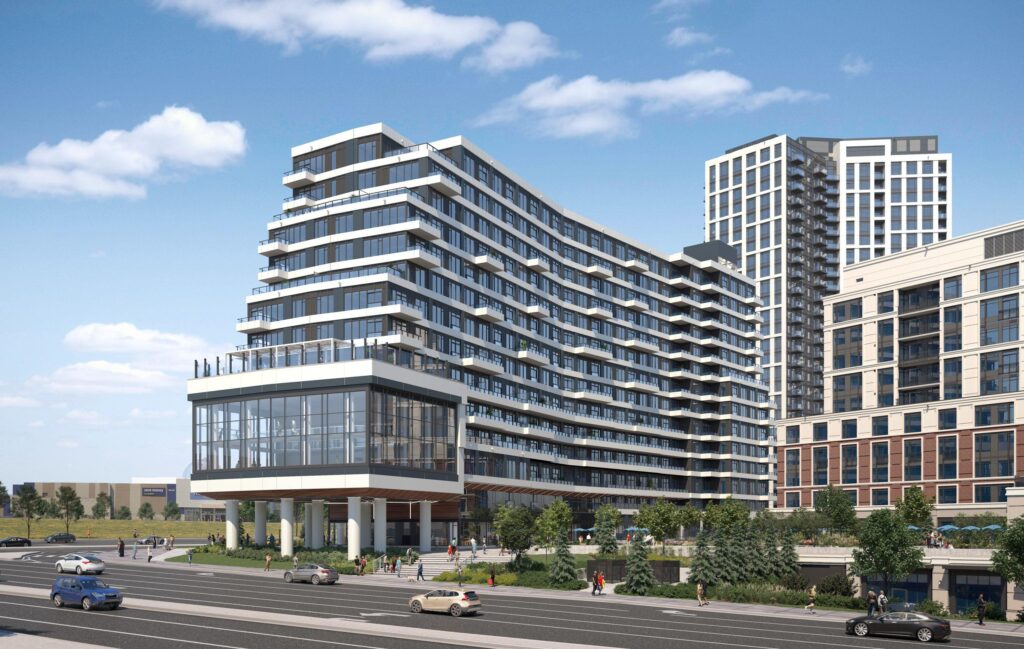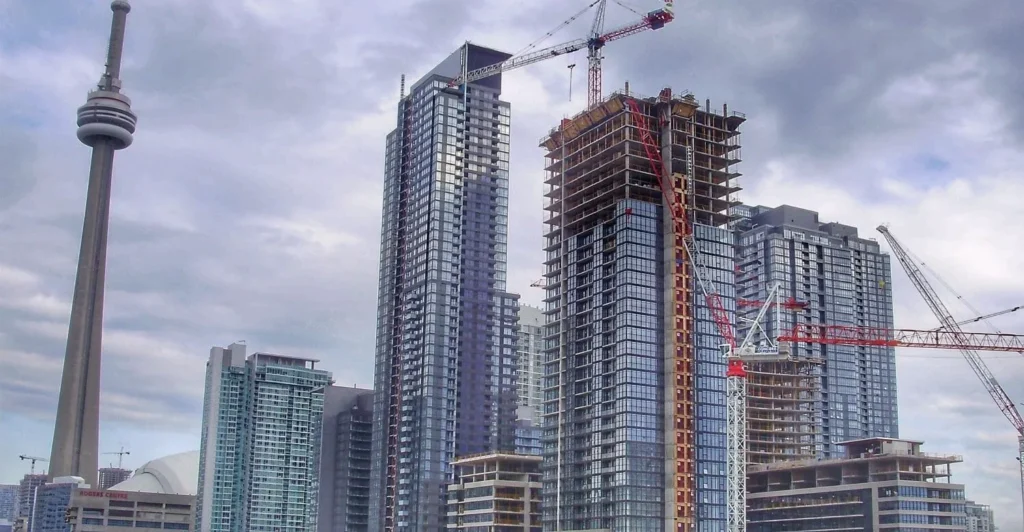Preconstruction condos have gained popularity among homeowners and investors due to their ability to purchase condominiums before the construction of the projects is complete, especially in rapidly developing regions with growth in urban centers. Despite these advantages, these properties tend to present certain difficulties unique to their type. This article will provide a step-by-step guide on what you ought to know when purchasing CMHC qualified properties.
Understanding Preconstruction Condos
Preconstruction condos are units that are sold before the construction of the building. A preconstruction condo is actually a form of buying a construction opportunity to own a home in a specific building once it is fully constructed. It also provides developers an opportunity to source funding for the project with buyers being able to invest early into the project at reasonable prices.
The Pros of Buying Preconstruction
1. Favorable Pricing
Another potent benefit that people can get from purchasing preconstruction is the possibility of obtaining some of them at cheaper rates. Property developers usually present relatively low charges to notably entice the initial financiers. They also enjoy the benefits that come with early purchase of the unit at a cheaper price as compared to the later buyers.
2. Prime Unit Selection
Early buyers tend to have a much wider choice of units, including choice units that fall in the most desired part of the building. This means that you get to enjoy the bonus of selecting your preferred floor layout or the apartment with the most enviable views.
3. Potential for Appreciation
In developing real estate, the purchase of real estate implies making an investment that allows an individual to reap any arising increments in the value of the estate. Over the years, as development goes on and as this particular area is developed, the values of the properties may also be appreciated, thereby giving you more returns on investment.
4. Extended Saving Period
In CMHC qualified properties, at times, you’re given ample time to save up for the down payment. When it comes to purchasing preconstruction units, it is not necessary to bring a full amount to purchase the house; it is merely a small down payment, and the rest is paid when the construction is complete.

The Risks and Challenges
1. Construction Delays
It is pertinent to note that in most constructions, there are always some forms of delay involved. It is sad, but the fact remains that most preconstruction projects are prone to delays, which will affect your moving-in schedule or investment plan.
2. Economic Uncertainties
Economic conditions change over a period of time, within which construction project activities may take several years. While you may be able to get a good price at first, you might be caught with poor resale value due to poor market conditions or poor financing chances later.
3. Developer-Related Risks
This means that the success of a preconstruction project will depend on the developer to a very large extent. In the case of different problems that the developer faces, including financial problems, it could lead to project delays and deterioration of their quality or cancellation completely.
4. Limited Finish Choices
Finally, in many preconstruction projects, there is frequently a very small number of choices in terms of finished, for example, ‘light’ or ‘dark.’ This limitation is not particularly appealing if you have personal preferences for the designs you want to incorporate.

Navigating the Preconstruction Process
1. Research the Developer
Check the developer on how they conduct themselves, their previous projects, and if they have the necessary capital. You can do this either by reviewing their previous work or, better still, reading the feedback and complaints from previous clients.
2. Understand the Contract
There can be different types of contracts during the preconstruction phase, and all such contracts are usually very written. The ‘cooling-off’ period is generally ten days; any legal professional should review the contract during this time. It’s important for you to read specific sections, such as the clauses in construction delays, cancellation policies, and your rights as a buyer.
3. Be Prepared for Additional Costs
The cost of preconstruction condos also attracts another cost that accompanies closing costs. These may be development charges, utility connection costs, and any other incidental cost recognized in relation to the development. Budget for approximately 5.5%. The basic price for a home purchase includes 5% for closing costs.
4. Consider Working with a Realtor
For proper advice, one should approach an experienced real estate consultant who deals specifically with CMHC qualified properties. They can inform its reliability and reputation together with potential and real halts that can be avoided, better terms, and appropriate and obtainable incentives.
5. Plan for Occupancy
It will help you understand what occupancy and closing dates are. Over a progression of many years, there may be a period where the buyer stays in the property but does not own it yet; sometimes, this is the interim occupancy fee that the buyer pays the developer.
Conclusion
Buying a preconstruction condo is not a bad idea at all, but one has to be strategic while investing in it. However, you are much more knowledgeable about the prospects and challenges, and with proper research and the assistance of knowledgeable consultants, you will have a much easier time at preconstruction. Do not forget that such a population is patient and flexible at the same time, especially when they are looking for a preconstruction condo. Although it can prove to be trying, you should forget that having a new home designed to your taste is not that bad after all.







